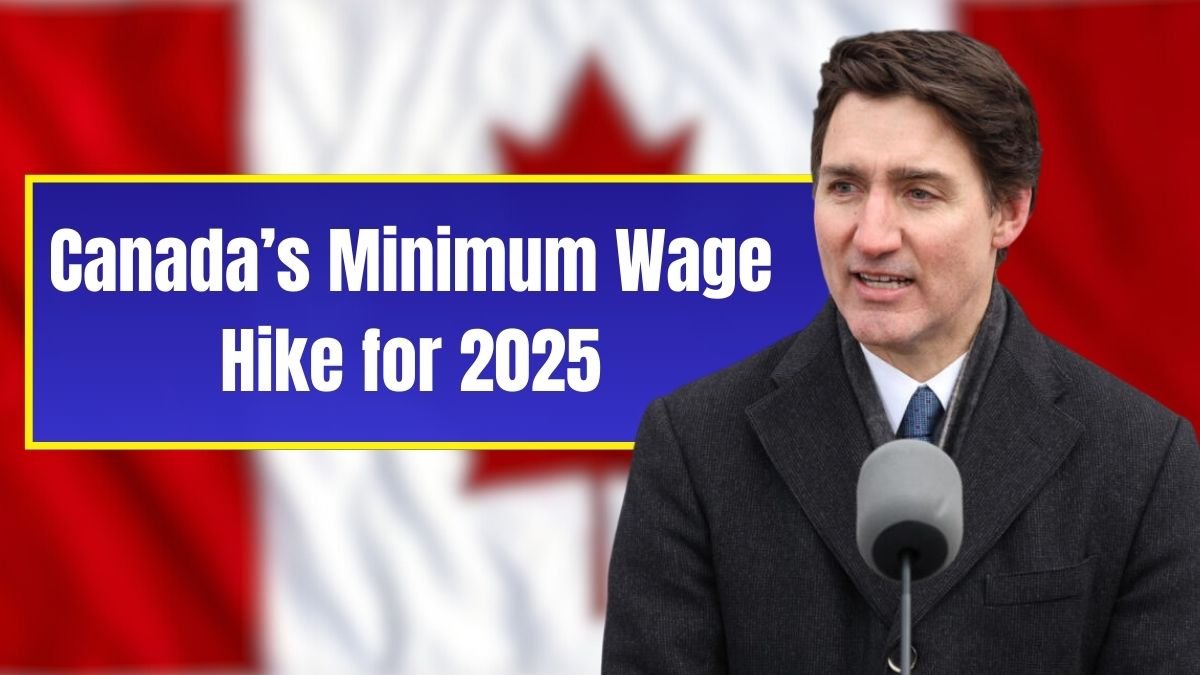The hike has been declared by the Canadian government, which is to take effect starting April 1, 2025, as a new minimum wage. This hike will bring relief to millions of workers within the country financially. For this adjustment, the government shows commitment toward incomes that are just all along with expenses that are increasing. Thousands of workers will benefit from this newly established rate, and it marks a big step for the country’s economic upliftment as well as reducing equality in income.
New Rates for Minimum Wages
Federal minimum wages will be at $16.65 an hour beginning in April 2025 based on a 2.4% hike. This would apply to federally regulated industries such as transportation, banking, and telecommunications. Most provinces and territories will continue to set minimum wages independently, and many expect similar adjustments on this regard.
Impact to the Worker
One sector expected to benefit from this wage increase is that of low-income employees, especially new hires and those who are working part-time. Government plans to raise the hourly pay for workers to help with such essentials as housing, groceries, and transportation. Part of efforts aimed towards income inequality, this will also help improve the overall quality of life for all Canadians.
Duties of Employers
From 1 April 2025, companies under federally regulated sectors will need to comply and adapt to the adjusted minimum rates. They will need to update paid time off or payroll systems, as well as ensure ex-employees know about it. Penalties will follow non-compliance, emphasizing its importance.
Provincial and Territorial Updates
While the national minimum sets a floor, it does not prevent provinces and territories from establishing their own rates. Ontario, for instance, is anticipated to elevate its minimum wage from the current $15.50 per hour to $16.55 per hour in October 2025, closely mirroring the new federal rate. Other regions are also expected to declare similar shifts in the coming months.
Economic Implications
Thus, this step is reputedly expected to boost economy activity by way of enhanced consumer expenditure, further stimulating the economy as workers would then spend more money on goods and services. In opposition, critics would argue that increasing operational expenses could also bring less hiring.
Conclusion
Canada’s minimum wage for 2025 is a very significant milestone in terms of supporting the workers and economic equity. Hours per week are being raised up, not as a solution according to the formula but as an effort against the problems that are posed by inflation and unfair payments to employees. Workers stand to be brought up to date with rates so that they may cut themselves into this change without failing to do adequately.
Also Read: Canada Child Benefit April 2025: Payment Schedule, Amounts And Eligibility
